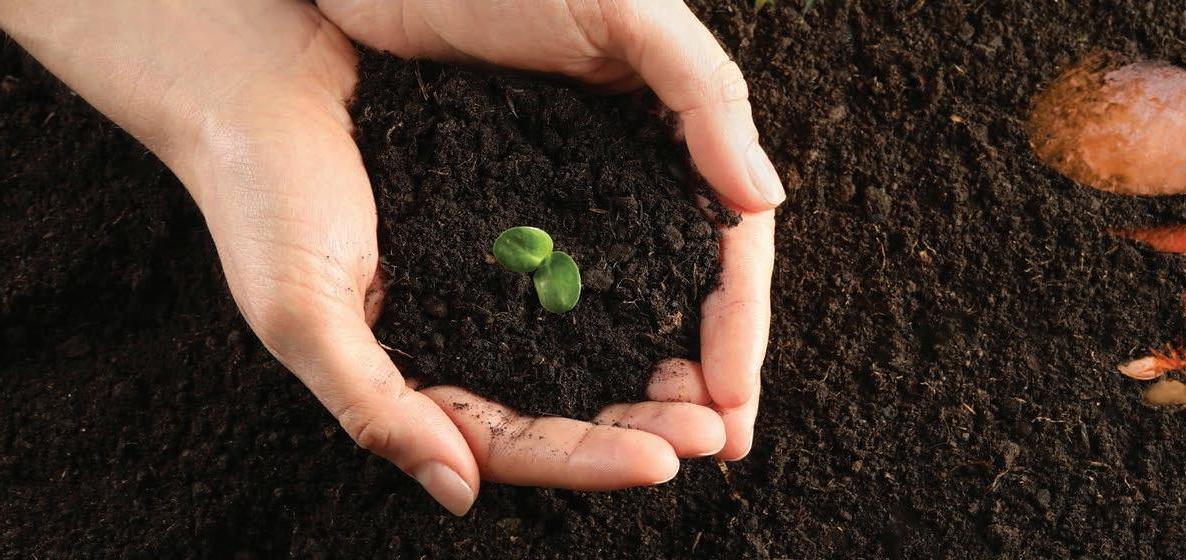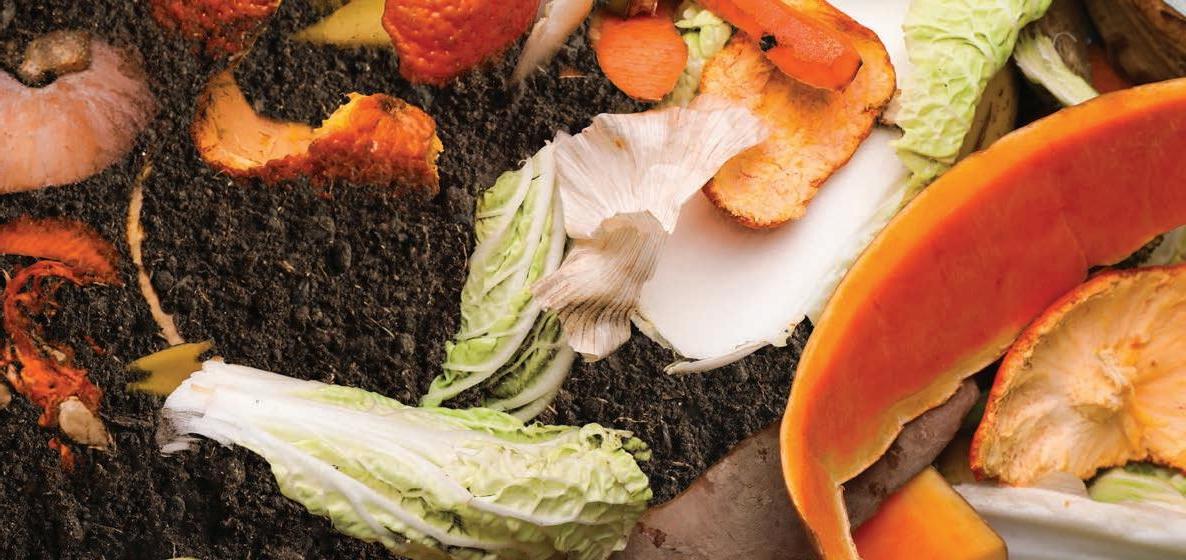
3 minute read
WATERSHED FOR ORGANICS RECYCLING
There’s been a strong political focus on organics in the past 18 months.
A watershed for organics recycling
IT HAS BEEN A DIFFERENT 18 MONTHS THAN ANY OF US EXPECTED. FOR AUSTRALIAN ORGANICS RECYCLING IT HAS BEEN A PERIOD OF GROWTH AND STRENGTH IN THE MIDST OF A WIDER ECONOMIC AND SOCIAL STRUGGLE, WRITES PETER OLAH, AORA NATIONAL EXECUTIVE OFFICER.
As everyday life has changed in many ways, Australians have developed a new-found appreciation for organics recycling. The result: record feedstock inputs, processing and product outputs (and sales) for many parts of the industry. Much of our industry’s latent production capacity has been taken up in that 18-month period.
At the same time, we’ve moved from a state and national focus on recycling streams, which have been struggling and are now subject to export bans, to a policy and political focus on organics.
The announcements have sounded right: shared targets for diversion from landfill and recycling of organics (generally 80 per cent by 2030), state and national bans on single-use plastics, new state recycling strategies with a strong focus on growing organics, and changes to regulatory rules to favour growth of organics recycling. We also saw major funding announcements in the 2021 Federal Budget, and also in several state budgets, most notably New South Wales.
At the same time, the new National Soils Strategy was launched and funded, with several objectives significantly reliant on the products of organics recycling.
So, all good then? Well, yes and no.
In the midst of all this hopeful stuff, the usual problems persist. Many AORA members are still bedevilled by ad-hoc decision-making and shortterm thinking from state government agencies and local councils. The strategic language and objectives are not always, and never consistently, reflected in the actions of governments.
Nevertheless, we at AORA have been waiting and hoping for the announcement that would reflect the hard work behind the scenes: the ongoing efforts between AORA and the federal and state governments, and between the governments themselves.
That announcement came on 28 September 2021: Ministers Sussan Ley MP and Trevor Evans MP released guidelines for the first national fund

Sussan Ley, Environment Minister
to recycle domestic and commercial organic waste: the Food Waste for Healthy Soils Fund. The $171 million fund aims to take 3.4 million tonnes of food and garden waste out of landfill each year and to increase Australia’s organic waste recycling rate to 80 per cent by 2030.
In her announcement, Ley quoted the benefits demonstrated in AORA’s Industry Contribution study of 2020: “The private sector under the fund can generate 2700 jobs in the organic recycling industry and remove two million tonnes of greenhouse gas emissions from the atmosphere.”
Evans continues to “get” organics recycling: “A much stronger organics recycling industry will be one outcome, as will greater diversion from landfills, less food waste, better soil quality, and improved soil carbon capture.”
AORA believes the Healthy Soils Fund is a game changer for the industry. It signals that the Federal Government is genuine in setting a national agenda of change and growth for organics recycling. For the first time, we have collaboration across the different levels of government and industry towards agreed high level objectives, with a specific focus on growth.
This is a watershed moment for organics recycling in Australia and I strongly urge those in the industry to apply for funding and use it to grow their businesses.
By showing that we can achieve growth quickly, we will deliver multiple returns on the investment in economic and environmental benefits. In turn, this will ensure that the collaboration between governments and industry continues and grows in years to come.
There will be two rounds under the fund, with first round applications closing on 17 December 2021 and the second closing on 31 March 2022.
By leveraging funding from state and territory governments and industry, the fund will deliver more than $171 million of investment.
Proposals must build processing capacity or improve product quality in either a new or existing facility; show they will be economically viable; have the written support of the responsible state minister and; request Commonwealth funding for up to onethird of project cost.
Applications must be made through participating state governments. They will be assessed by a national panel with relevant expertise and the Environment Minister will make the final decisions on funding.
For more information visit: www.environment.gov.au/protection/ waste/food-waste/food-waste-forhealthy-soils-fund










